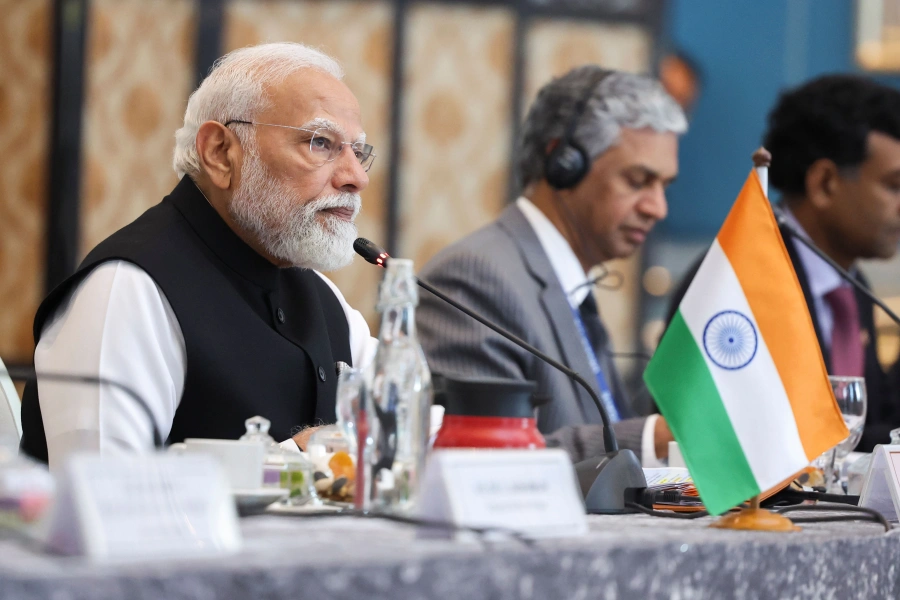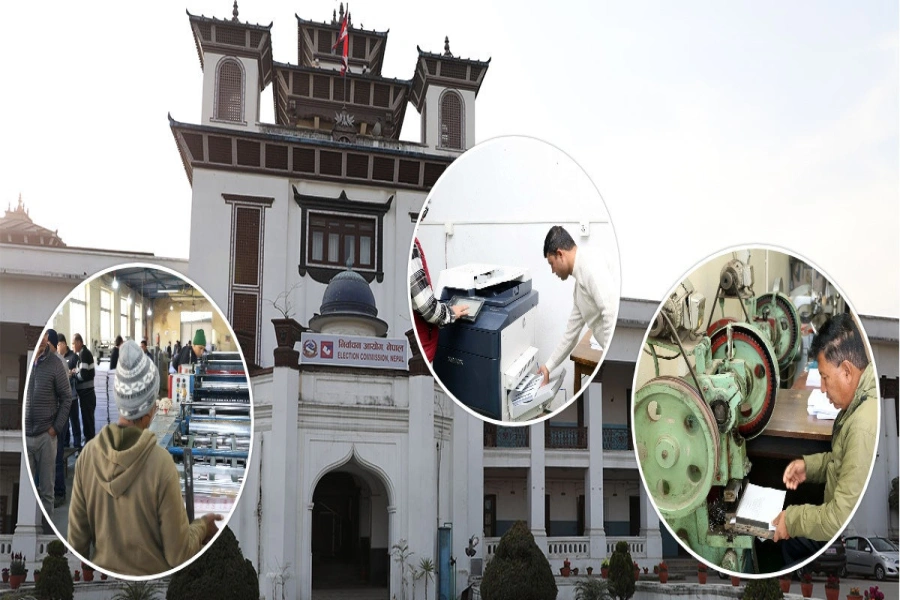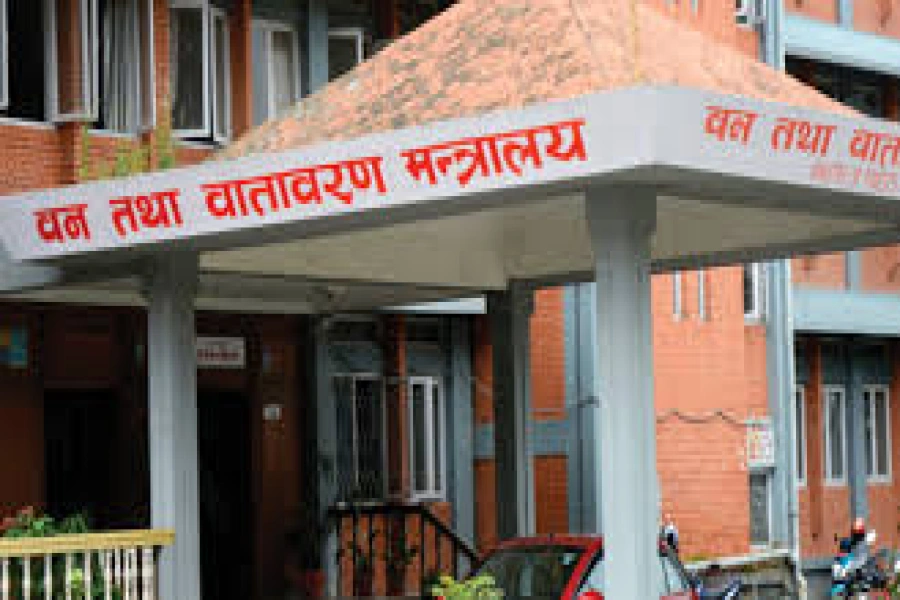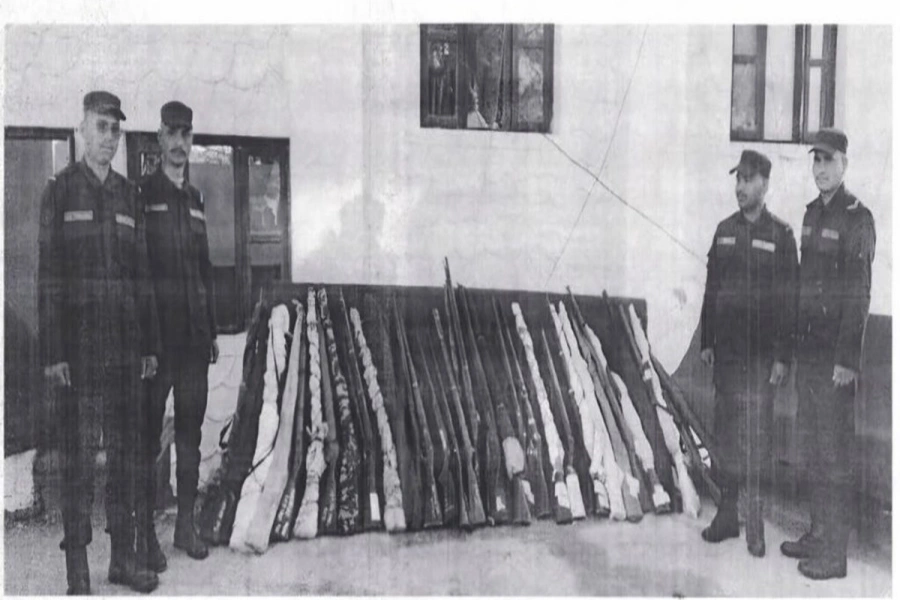The Securities Board of Nepal (SEBON) has expedited groundwork for creating a second stock exchange following a green light by the Cabinet in December. A task force commissioned by the then government in 2015 had advised the government to privatize NEPSE to enhance market efficiency, five years after the government announced expediting NEPSE's privatization through the budget speech. The government decision to create an alternative secondary market was challenged in the Supreme Court through a writ petition, which the country's Apex court dismissed in April 2023. The parliamentary finance committee has also approved the new stock exchange.
The new stock exchange is expected to function alongside the NEPSE, in business since 1994. NEPSE as the sole stock trading platform in Nepal, has faced criticism mainly for slow growth and the outdated technology that it uses. The lack of competition has perceivably rendered NEPSE cumbersome and less efficient. A new stock exchange is intended to promote market competition. In principle, the entry of a new player will not only push NEPSE to upgrade its systems, reduce inefficiencies and improve investor services, but will also benefit the investors in a variety of ways. Currently, NEPSE is dominated by the banking and hydropower sectors. The real-sector industries such as manufacturing, agriculture, and technology are under-represented. The idea of a new stock exchange has met with resistance right from the beginning. Stockbrokers, government bodies, political parties and investors have been divided on the issue. Worse still is the fact that the line of arguments coming from all sides seems to defy sound logic and reasoning, making many wonder – or doubt – whether it is meant to serve the purpose of vested interest groups only. The hypothesis that inducting a new player could trigger market fragmentation is not invalid. Any failure to manage the new player properly may split liquidity, making it even more difficult for investors to trade stocks efficiently.
Pros and cons of injectables and fillers

NEPSE currently relies heavily on the equity market. Experts have suggested that developing a robust bond market is essential for enabling the capital market. The private sector has also urged the government to introduce new instruments such as short selling, intra-day trading, and margin lending facilities. NEPSE has been marred by allegations of insider trading, circular transactions, and market manipulation. In August 2024, the Commission for the Investigation of Abuse of Authority (CIAA) raided NEPSE’s office, suspecting insider trading involving its staff. The market's integrity is further threatened by price manipulation by vested interest groups, the spread of false information, and inadequate monitoring by regulators. Frequent issues with the Trade Management System (TMS) have also affected the trading platform's functionality during intra-day trading. Investor safety is a major concern since a stable and well-regulated stock market encourages long-term investment and supports economic growth. Meanwhile, an issue of serious concern is that while SEBON has the mandate to select a new entity through open competition, it is reportedly considering reviving one of the three companies that previously applied for the new stock exchange license: Himalayan Stock Exchange, National Stock Exchange of Nepal and Annapurna Stock Exchange Limited. This perhaps needs to be reviewed.
The establishment of multiple stock exchanges is not uncommon globally. In India, two prominent exchanges — the Bombay Stock Exchange (BSE) and National Stock Exchange (NSE) — are currently operational, while 21 other regional exchanges were shut down by 2018 for various reasons. For a small economy like Nepal, any volatility in the stock exchange market could adversely impact small investors. The debate over whether Nepal needs a new stock exchange is rooted in longstanding issues with the NEPSE, including outdated technology, lack of competition, and limited market diversification. While a new platform could promote competition, modernize trading systems, and expand investment opportunities, ultimately enhancing market efficiency, it could also result in liquidity fragmentation, unhealthy competition, and political interference in Nepal. Additionally, unresolved concerns about market manipulation, insider trading, and regulatory autonomy pose challenges. As Nepal moves forward, balancing the need for modernization with ensuring market stability and investor protection will be crucial.





































